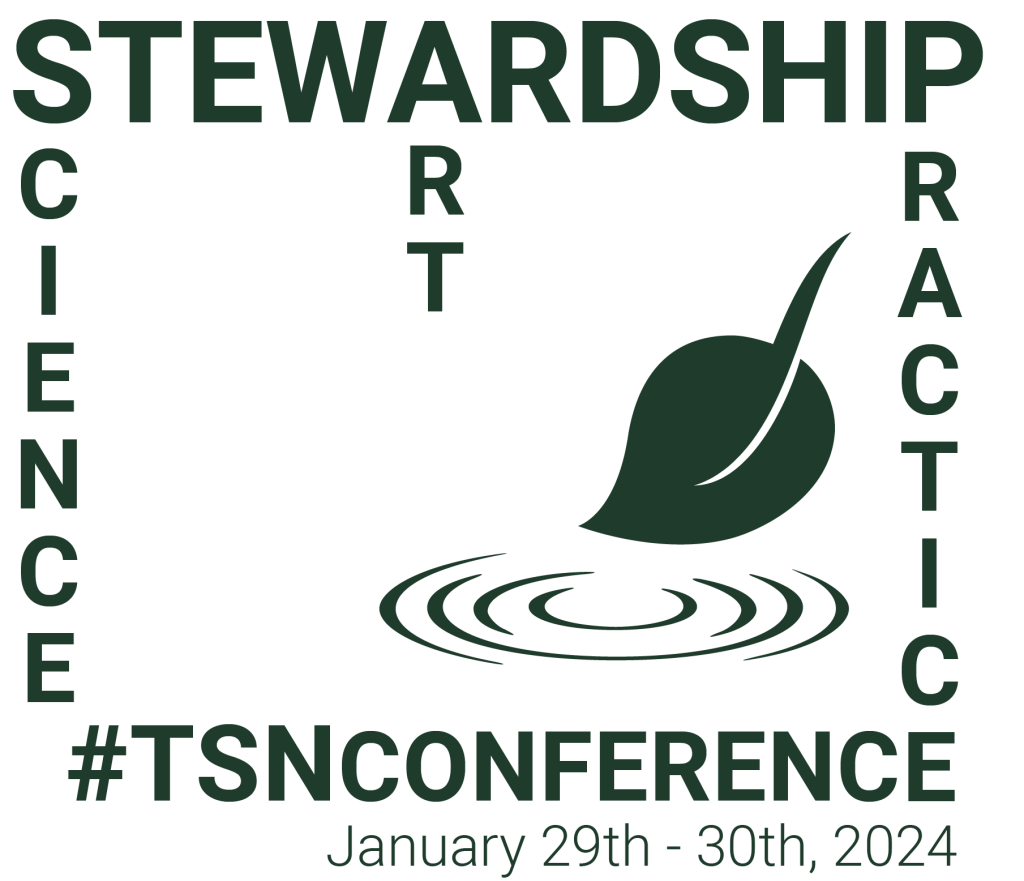Land development and land management still under-value the role plants play in managing water. Nature-based infrastructure is living infrastructure. We recognize life by its capacity to build structure and organize its surroundings. Developments in ecohydrology and critical zone research can help shed light on the complexity, ubiquity and influence that plants exert on managing water at the earth’s surface. Plants exert control over the vertical and horizontal fluxes of water in the ground and in the lower atmosphere in order to provide themselves with the longest continuous supply of water over the growing season as possible. In the process they build soil and soil communities and mediate the carbon and energy balance at the earth’s surface. Hopefully, understanding more about the role plants play in structuring the living world will help re-establish their proper value and foster a more robust human stewardship of our co-habitants on this planet.
Monday, January 29th, 2024
3:40 pm - 4:40 pm
Presenters
 Scott Dierks
Scott DierksGEI Consultants
Scott is a hydrologist and ecological engineer with 25-years of experience with stormwater and watershed management and landscape restoration. His career began right around the time the Low Impact Development (LID) paradigm was first introduced and he has worked through its re-birth as green infrastructure (GI) and its latest incarnation as nature-based systems (NBS). He has monitored and modeled runoff, surface water and groundwater quantity and quality. He has designed, planted and maintained LID, GI and NBS best management and stormwater control practices. Over the last fifteen years, he has been on a quest, starting from an engineering perspective, to understand what and how plants do what they do. What started as an obsession about how native plants increase infiltration has grown into a passion about giving credit to our plant companions who maintain the living world.

